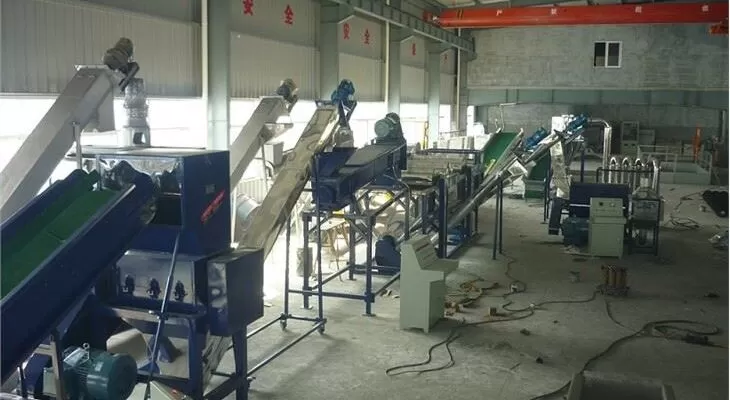Imagine walking on a beach, expecting to find serene waves and soft sand, but instead, you’re greeted by heaps of plastic waste. It’s disheartening, right? Ocean plastic waste is a growing problem that threatens marine life and our ecosystems. So, where does all this plastic come from, and how can we manage it effectively?

Ocean plastic waste originates from various sources. From urban trash and industrial waste to the everyday plastic items we use, all these contribute to the growing problem. By understanding these sources, we can develop better strategies to manage and reduce plastic waste.
How Severe is Plastic Pollution from Urban Waste?
Urban waste is one of the primary sources of ocean plastic pollution. Many cities have inadequate waste management systems, leading to significant amounts of plastic waste being washed into rivers and eventually the ocean. This waste includes plastic bags, bottles, food packaging, and more.
These plastics not only pollute the environment but also pose a severe threat to marine life. Sea turtles, seabirds, and fish often mistake plastic for food, leading to choking or digestive system damage. Reducing the production of urban plastic waste and improving waste management systems is crucial.
What is the Impact of Industrial Waste on Oceans?
Industrial waste is another significant source of ocean plastic pollution. Many factories generate large amounts of plastic waste during production. If not properly managed, this waste can end up in the ocean. The management and recycling of industrial waste need more attention and improvement.
Some industrial waste even contains harmful substances, which can cause greater harm to marine ecosystems. Hence, companies must comply with environmental regulations and adopt sustainable production methods. This way, we can significantly reduce industrial waste pollution in the oceans.
How Much Impact Do Daily Plastic Products Have on Oceans?
Our daily lives are filled with plastic products, and if not disposed of properly, they can end up in the ocean. Single-use plastic items such as cups, straws, and cutlery are particularly concerning.
These items have a short lifecycle but contribute significantly to ocean plastic pollution due to their high disposal rate. Reducing the use of single-use plastics and promoting reusable alternatives are efforts everyone can make to protect the ocean environment.
How Can We Manage Ocean Plastic Waste?
Improve Waste Management Systems
Improving waste management systems is crucial for effectively managing ocean plastic waste. Both urban and rural areas need comprehensive waste sorting and processing systems to ensure plastic waste is correctly recycled and disposed of. This is the foundation for reducing ocean plastic waste at its source.
Promote Corporate Responsibility
Businesses also have a role in reducing plastic waste. By using biodegradable materials, reducing plastic packaging, and establishing waste recycling mechanisms, companies can make a significant impact. Corporate engagement is vital in the fight against ocean plastic waste.
Raise Public Awareness
Raising public awareness is equally important. Through education and outreach, we can help people understand the impacts of plastic waste on the ocean and encourage them to reduce plastic use, participate in waste sorting, and engage in recycling. Collective efforts from everyone are essential to effectively manage ocean plastic waste.
Enhance International Cooperation
Ocean plastic waste is a global issue that requires international collaboration. Governments worldwide need to work together to implement stricter environmental policies and regulations to tackle this challenge. International cooperation is crucial for addressing the problem of ocean plastic waste effectively.
Conclusion
The sources of ocean plastic waste are diverse, and managing it requires a multifaceted approach. From improving waste management systems and promoting corporate responsibility to raising public awareness and enhancing international cooperation, each aspect is vital. With collective efforts from all sectors, we can effectively tackle the issue of ocean plastic waste and protect our marine environment.
That’s it! Tackling ocean plastic waste is no easy feat, but each of us can contribute through concrete actions. Let’s work together to ensure cleaner oceans!
At Amige, we are committed to providing efficient plastic recycling solutions to help protect the ocean environment. Let’s make a difference together!
